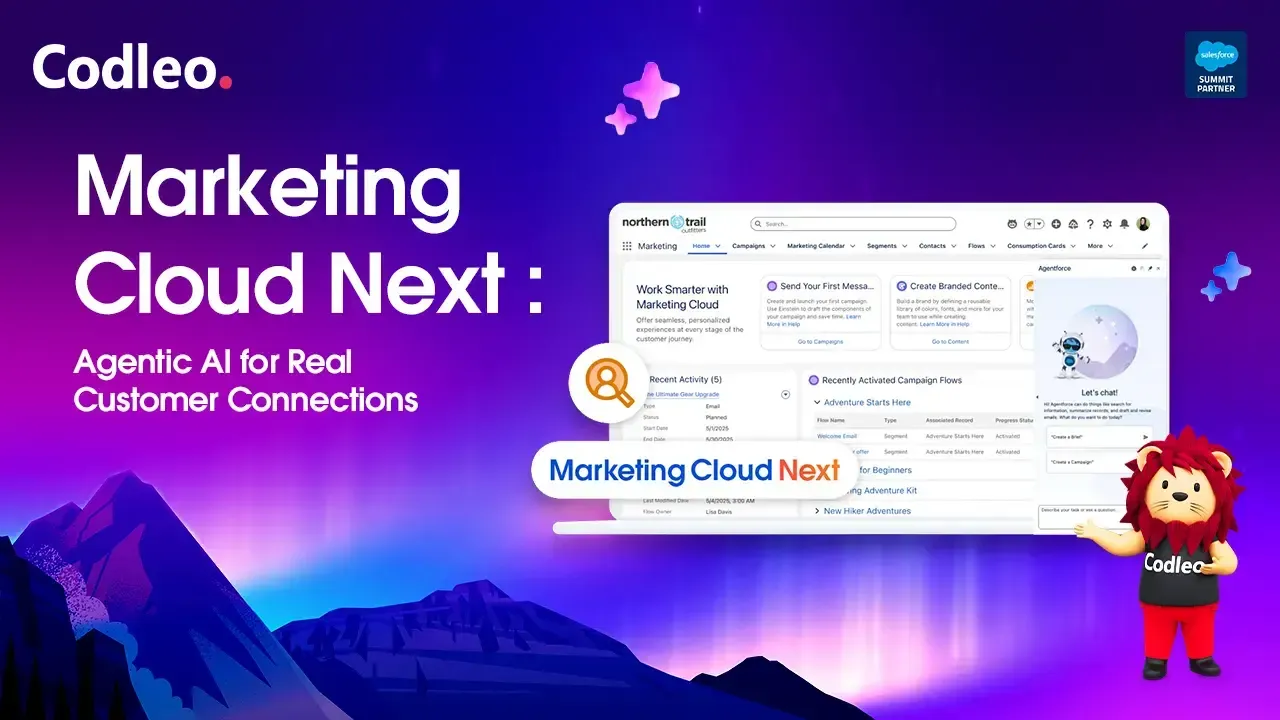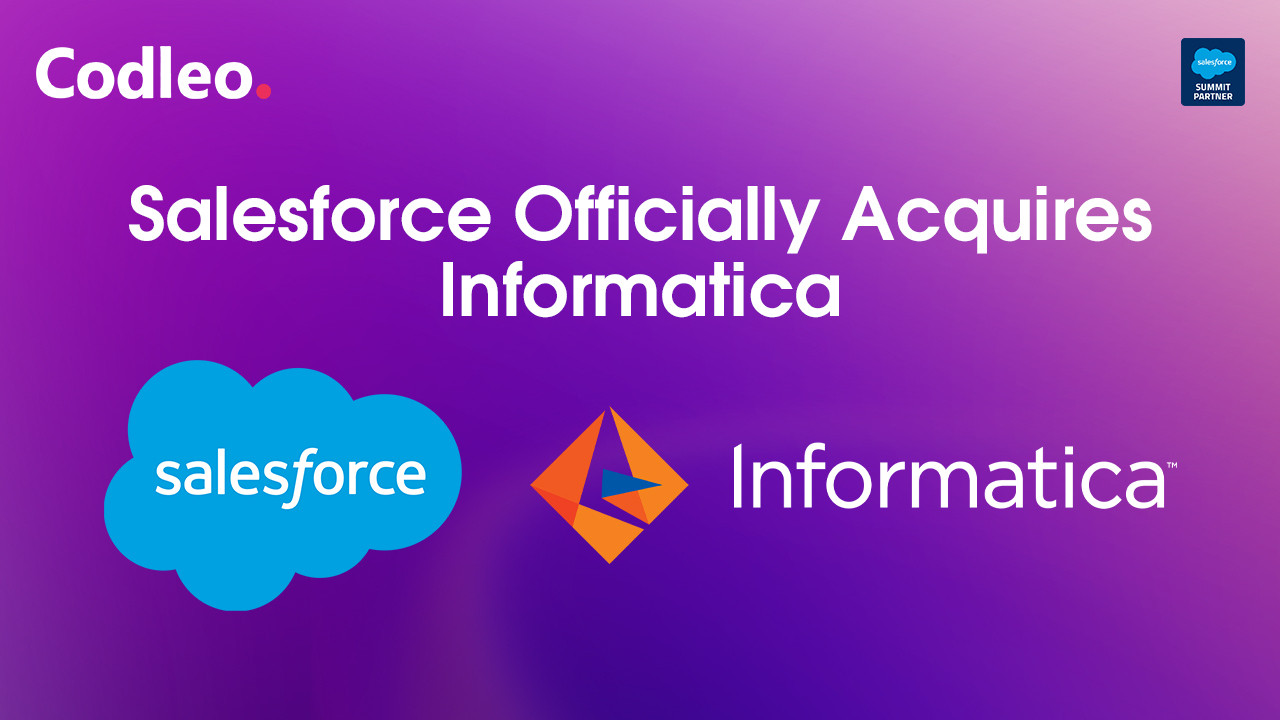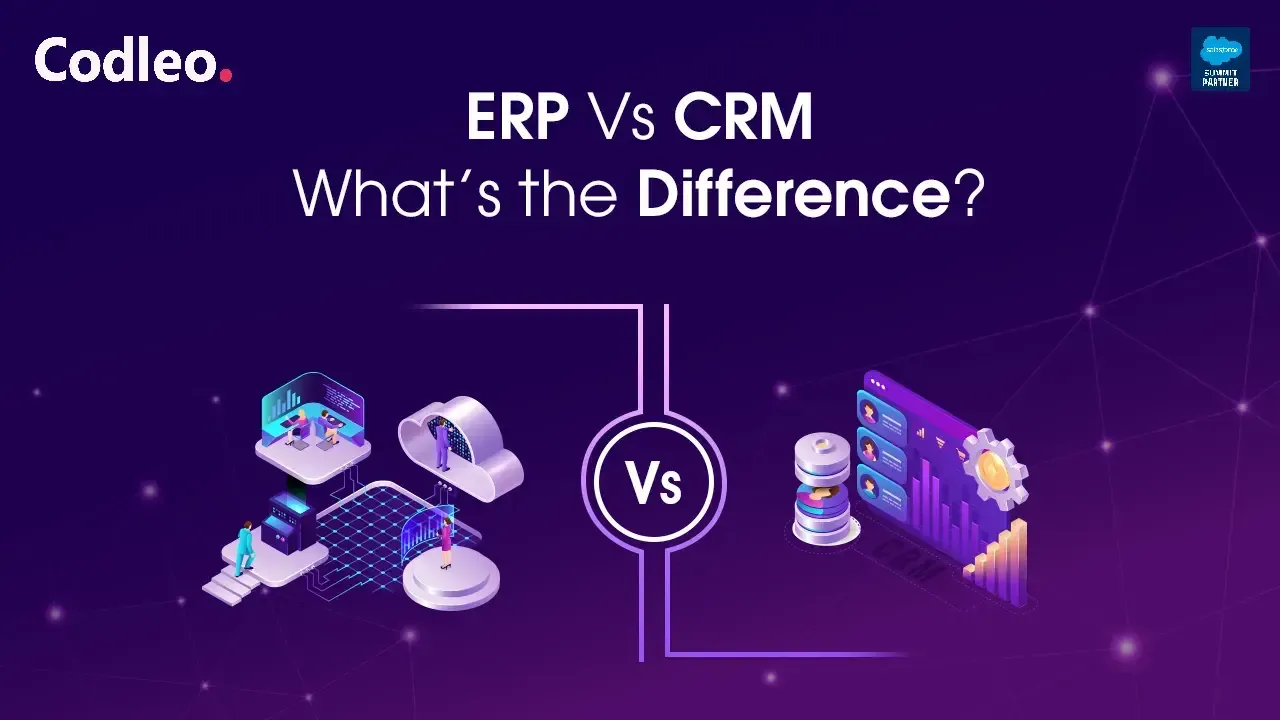Publish date:
Every industry / vertical benefits from the advantages of a good CRM like Salesforce. In an industry like manufacturing with many moving parts, Salesforce is like a powerful lubricant that keeps the heavy machinery going. Ok before you get bored with this analogy, let’s read about the importance of Salesforce in the manufacturing sector.
Below are listed the reasons why a Manufacturing Business needs Salesforce:
-
Awesome client experience. After-sale service and project delivery need excellent service, and a robust CRM system in the manufacturing industry provides the power to ensure that all departments are connected, with data sharing and collaboration. A great CRM system like Salesforce will also companies with issues related to warranty or service issues. This will enable customers to be heard and valued. Thus paving the way for customer delight and loyalty. A business can convert a happy customer into an unofficial brand ambassador who will sing your paeans on social media.
-
Augmenting sales. Beginning with the initial point of a sales cycle, the client engagement or potential stage, the CRM system enables the collation of data in a central place. The data makes it easy for a company to deal with a client and provide them with the appropriate solutions. With time, you have a rich bank of client needs that play an important role in obtaining meaningful insights into leads & target audiences. Salesforce CRM captures relevant information which allows you to analyse and take steps to retain customers and their loyalty with your pro–active work.
-
Expansion of business. Salesforce CRM is like a magic wand, casting its magic spell far and wide. It’s certainly true when it comes to businesses that wish to expand beyond their traditional geographies or customer base. As businesses plan their expansion moves, Salesforce CRM enables the same by prequalifying prospects, focusing on potential clients, and taking care of communication. Salesforce CRM makes employees focused and sharp, which leads to results in the long run.
-
Better planning and productivity. The CRM provides volumes of data that enable in-depth analysis and planning/course correction measures and so on. Thus strategic moves can be planned with clean & accurate data. It also streamlines work processes and automates mundane task flows, thus improving the overall productivity of a business of any nature or size. Time, energy, and resources saved are valuable for every business.















